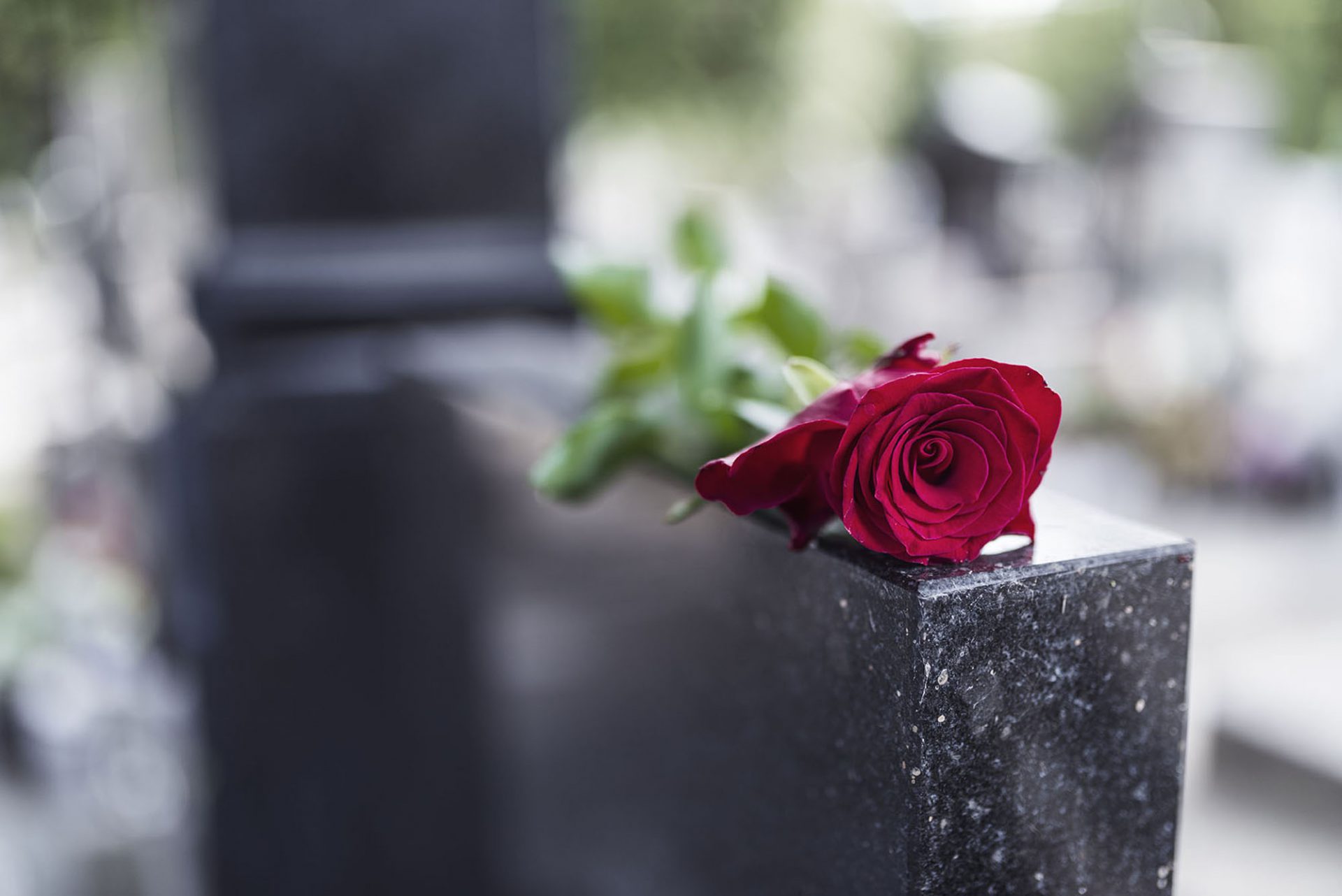
We’re Here To Help You
We understand that dealing with a family bereavement can be an extremely traumatic experience and it can be difficult to cope with the tasks ahead at such an emotional time.
Our experienced team can advise on all matters arising from the death of a family member or friend in a professional and efficient manner to help ease the burden.
If you would like to discuss your own situation please contact us.
Death Circumstances
If The Death Occurred At Home
When someone dies at home you should call their GP who will verify the death and in due course will issue a Medical Certificate for the cause of death. Once the doctor has attended please contact us so that we can bring the deceased into our care
If you would like the deceased to remain at home for a little while please advise us as soon as possible, and we will give you guidance on this.
If The Death Was Unexpected
Things are a bit different if the death is unexpected. If the doctor in attendance cannot state the cause he or she will inform the Coroner, who will arrange to examine the deceased to determine the cause of death.
East Durham Funeral Service work alongside the Coroners office to provide our private ambulance service to transport those who pass away suddenly to the hospital mortuary, and are often instructed by the police to do so. We are very experienced and always available should you have any questions at all.
In the majority of cases death can be attributed to natural causes and therefore there is no need for an inquest. If a post mortem is required, we liaise with the Coroner and keep in touch with you throughout the process.
We can often organise a provisional date for the funeral, as well as ensuring the paperwork is in place so there is no further delay in the service going ahead. You will have the opportunity to visit our Chapel of Rest once your loved one is back into our care.
If The Death Occurred In Professional Care
Alongside the hospital bereavement services we are on hand to offer you emotional support and practical advice about what to do next. The hospital bereavement team will inform you where the nearest Registry Office is, so that you can register the death.
Once you have called us, we will liaise with the hospital or care home to make the necessary arrangements for you.
You should register the death within 5 days, but may contact us or come to see us beforehand if you would like to discuss the funeral arrangements. If the Coroner is involved to investigate cause of death this may not be possible however we will continue to advise and update you of your requirements.
If The Death Occurred Abroad
If the person needs to be brought back to the UK from anywhere else in the world, or brought back to East Durham from a different part of the UK, then you can get in touch with us straight away. We can help with all the practicalities, like organising our private ambulance service to bring your loved one into our care at one of our five local Chapels of Rest, as well as organising the required documentation.
We will liaise with the Foreign Office, the insurance company and the local Coroners office, if necessary.
When A Child Or Baby Dies
There are no words for the unfathomable loss felt by any parent upon the death of a child. You don’t have to tackle this alone: we are here to help. Our staff will support you in laying your precious child to rest.
It may be hard to think about, but there are some practical arrangements that need to be made, some legal procedures to follow and agencies to notify of your child’s death.
We are dedicated team with the highest levels of compassionate care and will look after you and your child with the utmost respect and dignity. The funeral you want to have for your child is entirely up to you and we will do our best to realise your every wish in saying goodbye.
Registering A Death
The person registering the death (known as the informant), usually a family member or the executor, would sign the register in the presence of the registrar.
Who can register a death?
- a close relative
- a relative in attendance during the last illness
- the person’s executor or other legal representative
- the person arranging the funeral
Which documents are required?
- The Medical Certificate of Cause of Death (this is sent directly to the Registrar by the GP/ hospital bereavement office)
- birth certificate
- national insurance number
- the person’s full name (at the time of their death)
- any other names that the person used (eg a birth or married name)
- their date and place of birth, including the town and county if they were born in the UK, or just the country if they were born abroad
- their last address
- their occupation or last occupation if now retired
- the full name of their husband, wife or civil partner, if they’ve died
- details of any state pension or other state benefit they were receiving.
Here we set out the steps required to register a death:
- Doctors will send an electronic copy of the Medical Certificate Cause of Death to the specified registrar
- The informant should contact the registrar by telephone to make arrangements to begin the death registration process
The registrar will complete a register entry for the informant to review and approve.
A paper copy of the Certificate of Registration of Death (death certificate) will then be handed to the informant. There will also be a green certificate (green in colour) which we will need for the burial/cremation to go ahead.
